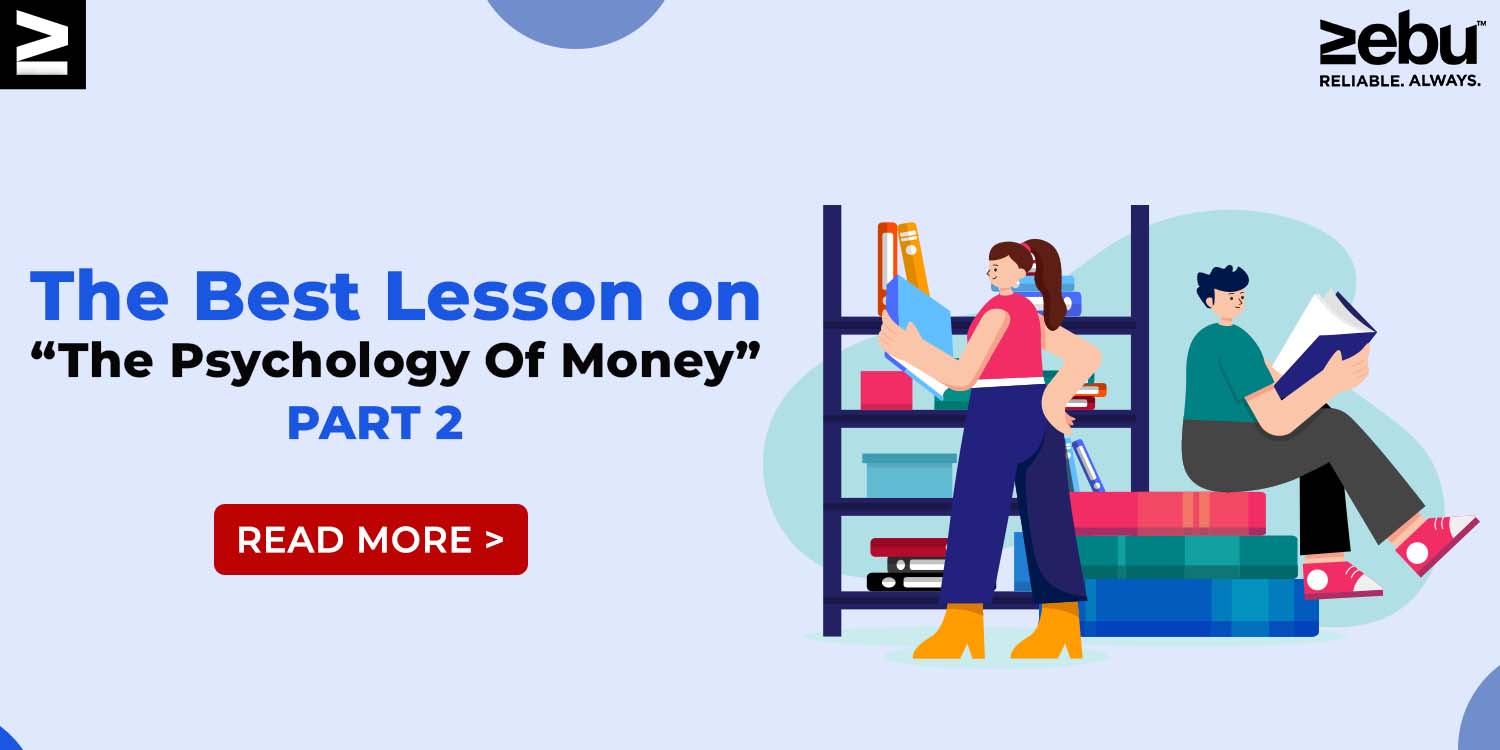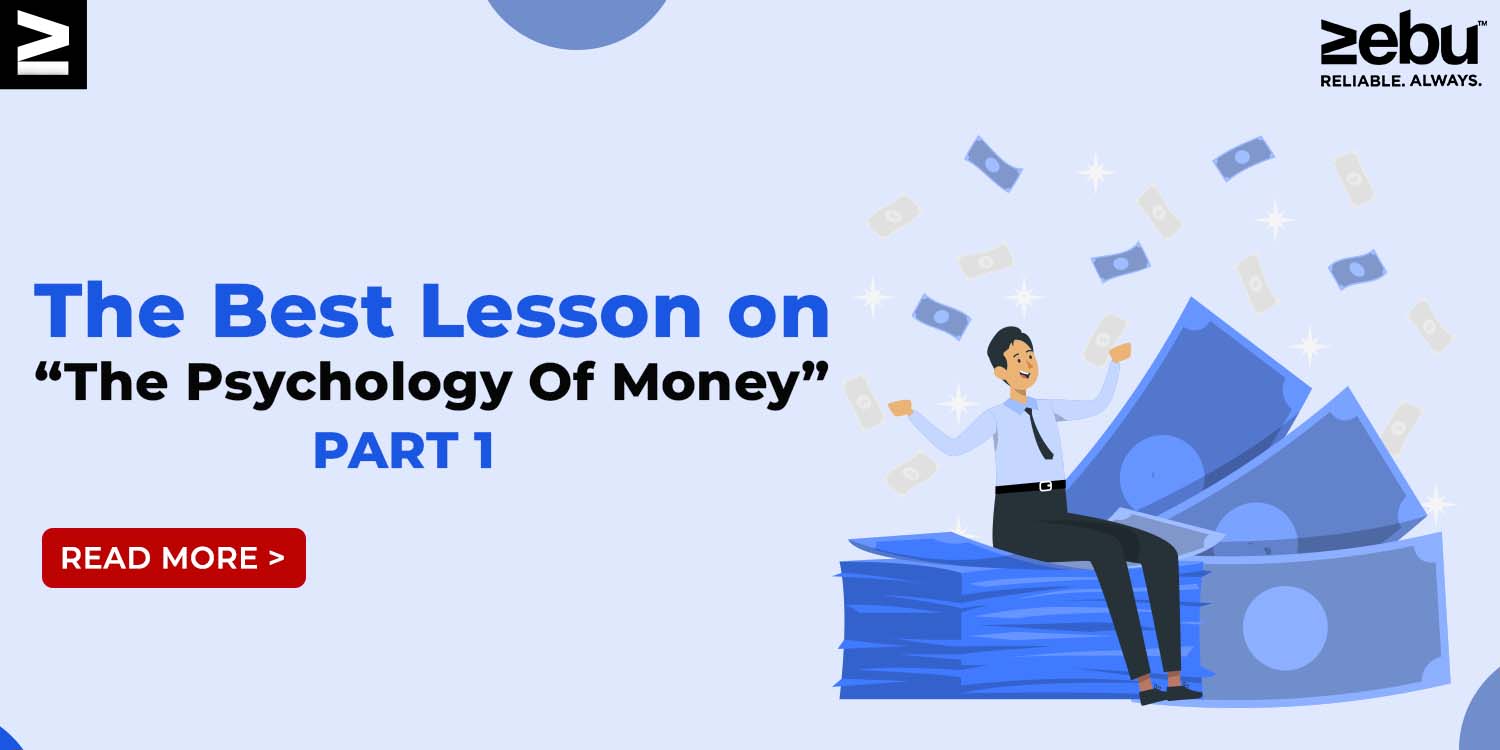
The power of compounding is surprising
Making versus saving money “To make money, you have to take risks, have faith, and stand up for yourself. But taking risks needs to be stopped if money is to be kept. It requires humility and the fear that everything you’ve worked for could be taken away from you just as quickly. You can’t always count on repeating past success, so you have to be thrifty and realise that at least some of what you’ve made is due to luck.
Money management is different from money management. To make money, you have to take risks, work hard, and keep a positive attitude. Keeping money is a different skill. It requires you to take less risk, not be greedy, and remember that things could be taken away from you at any time.
Money is not the enemy
A plan is only useful if it can stand up to the real world. The truth is that everyone has a future that is full of unknowns.
If you’re still young and have more income than expenses, the best way to get the most out of your long-term investments is to put most of your money into a diversified portfolio of low-cost index funds. Cash loses value over time, so it’s not smart to keep more than a small amount of your net worth in cash. Instead, you should invest in assets like stocks, which have historically grown at a rate of 10-11% per year.
Even though it might seem appealing to invest in ways that will give you the best returns, these ideas often don’t take your personality into account. Think about having 95% of your money in stocks and bonds and only 5% in cash. The market falls 20 to 25%. Having such a small amount of cash on hand may make you more likely to sell some of your stocks in a panic when the market goes down, depending on how that drop makes you feel. And if you sell in a panic, you can lose out on a lot more money than if you kept a bigger part of your portfolio in cash and didn’t sell because you felt safer.
Spreadsheets are not like people!
Even though the models say you should only keep 1% to 5% of your assets in cash, you may want to keep 10% to 20% to protect yourself from having a bad attitude when bad things happen. It can also be the best choice for your portfolio if having more cash on hand keeps you from making one big mistake.
Long Tail
In finance, a small number of events can be responsible for most of the outcomes. This is where long tails, or the ends of a distribution of outcomes, have a big effect.
Most of the time, your choices about investing don’t matter. What happens depends on the choices you make on a few days when something important happens, like a severe downturn, a frothy market, a speculative bubble, etc. Warren Buffet has held between 400 and 500 stocks over the course of his life. Most of his money came from just 10 of them.
Highest level of wealth
Having the freedom to do what you want, when you want, with who you want, and for as long as you want is very valuable. This is the best return that money can buy.
Being more flexible and in charge of your own time is much more useful than staying up late or making risky bets that keep you from sleeping just to boost your returns by 2%.

